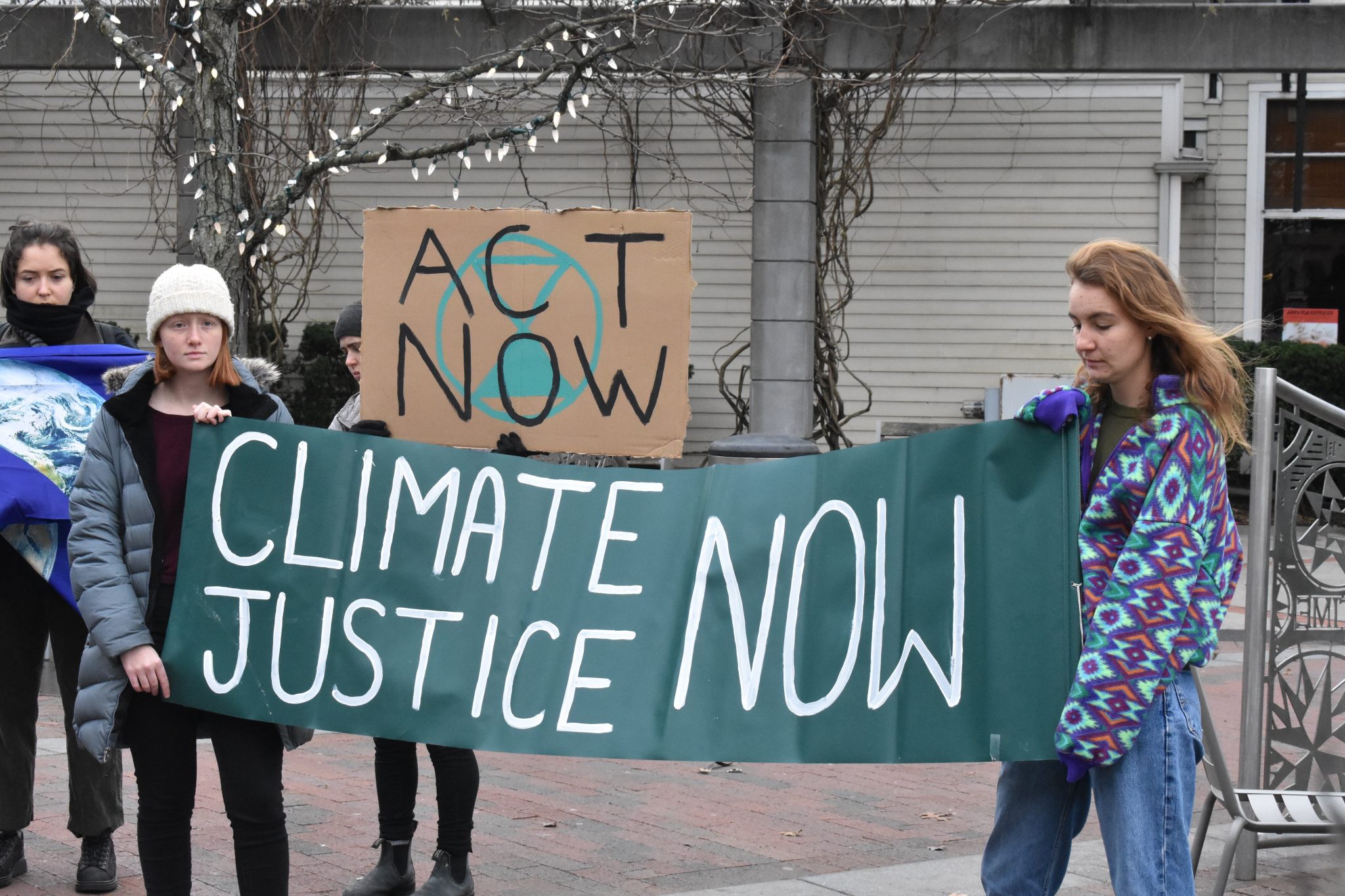As climate change continues to loom over our world, many solutions are being explored and implemented in order to combat its life-threatening effects. However, it has been widely accepted that individual actions alone are not enough and if we really want a world safe from the “existential threat to humanity,” then our governments should ensure it in policymaking.
If nations want to go down the path of creating a green future, one of the key elements of their policies should be carbon pricing, an important tool for combating greenhouse gas emissions. Carbon pricing is a method of putting a price on greenhouse gas emissions by tying the external costs of greenhouse gas to their sources. Carbon pricing can be instrumental in lowering greenhouse gas emissions by taxing the industries that emit greenhouse gases and having those industries set up measures to limit their emissions.
The current climate policies that are part of the reconciliation package include oil and gas reforms, offshore windmills in U.S. territories, the restoration of the Great Lakes and resilience for coastal areas, and $3.5 billion for programs providing green jobs. These policies, though they are very important, will only help realize a part of the goal by reducing greenhouse gas emissions by 50% before 2030.
With carbon pricing included, the true goal of reaching net zero by 2050 can actually be achieved.
Carbon pricing also shifts the financial burden of fixing the effects of greenhouse gases from the public to the industries that are responsible for the damage. This gives industries an incentive to cut down on their greenhouse gas emissions in order to pay less taxes.
Consumers will also realize the true cost comparison of the different fuels and make better purchase decisions. A price on carbon can become more affordable for Americans when they are given carbon dividends. One hundred percent of the net fees will be returned as dividends to American households which will greatly benefit the economy and budgets of working class families across the nation. This would also encourage them to make more green choices.
So far, the House has narrowly passed the budget reconciliation package and will be voted on by the Senate before Christmas. The Senate is currently divided and it just takes one more senator for the package to not get passed. Right now, 49 senators and the White House are on board with passing a carbon fee and dividend act. Democrats are still trying to convince Senator Joe Manchin (D-West Virginia) to vote for the reconciliation package, who has recently expressed that he does not support a price on carbon.
If we want to reach our goals for a sustainable environment for us and the future generations to come, then carbon pricing is a fundamental and powerful incentive in our economy that America should adopt. If you support a price on carbon, contact your local senators and the president about supporting a price on carbon in the upcoming budget reconciliation package and encourage your family and friends to reach out to them as well.
Vinay Karthik is a freshman from the Wardlaw + Hartridge School in Edison. He is part of the FXB Climate Advocate Program which provides youth climate activists with knowledge and tools to mobilize climate action on a local, national and international level. He is also an active member of the Citizens’ Climate Lobby (CCL) where people work with their communities and their members in Congress to enact climate solutions; he recently won second prize on the CCL’s national advocacy team whose goal was to implement a carbon tax and dividends in the upcoming reconciliation package as it will help reduce greenhouse gas emission by 50% by 2030.

